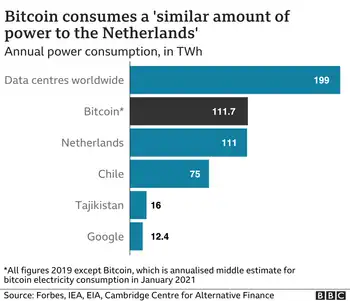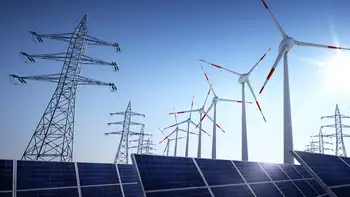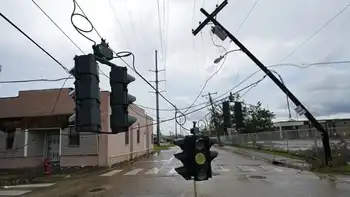2015 set as gases deadline
By Associated Press
Substation Relay Protection Training
Our customized live online or in‑person group training can be delivered to your staff at your location.

- Live Online
- 12 hours Instructor-led
- Group Training Available
The report, a summary of a voluminous study by a UN network of 2,000 scientists, showed the world has to make significant cuts in gas emissions through the development of biofuels, increases in fuel efficiency, the use of renewable energy like solar power, and a host of other options.
The document made clear that the world has the technology and money to decisively act in time to avoid a sharp rise in temperatures that scientists say would wipe out species, raise ocean levels, wreak economic havoc and trigger droughts in some places and flooding in others.
Under the most stringent scenario, the report said the world must stabilize the amount of greenhouse gases in the atmosphere by 2015 — eight years from now — to keep global temperatures from rising more than two degrees Celsius over pre-industrial levels.
Delegates said the approval of the report should conclusively debunk arguments by skeptics that combating global warming was too costly, that it would stifle development in the worldÂ’s poorer countries or that the temperature rise had gone too far for humankind to do anything about.
“If we continue doing what we are doing now, we are in deep trouble,” cautioned Ogunlade Davidson, the chair of one of the working groups at the weeklong conference in Bangkok.
Delegates hailed the policy statement as a key advance toward battling global warming and setting the stage for an even stronger international agreement to replace the 1997 Kyoto Protocol on greenhouse emissions when it expires in 2012.
“It’s stunning in its brilliance and relevance,” Rajendra Pachauri, chair of the group running the conference, the Intergovernmental Panel on Climate Change, said of the study. “It’s a remarkable step forward.”
The report “highlights the importance of a portfolio of clean energy technologies consistent with our approach,” said the head of the U.S. delegation, Harlan Watson.
Coming out of the meeting early today, delegates said science appeared to have trumped politics — especially opposition from booming China, which wanted language inserted allowing for a greater buildup of greenhouse gases in the environment before action would be taken.
Beijing and its supporters had argued that moves to make deep cuts in carbon dioxide emissions risked stifling its spectacular economic growth, delegates said. But the final report included mention of a stringent emission target mentioned in an earlier draft.
Delegates at the meeting had wrestled over how to share the burden of cutting emissions, how much such measures would cost, and how much weight to give certain policy measures, such as advanced nuclear power, an option supported by the United States.
“This is still an excellent report,” French delegate Michel Petit said, adding that China and the other developing countries ended up compromising on all major issues. “Nothing important was removed during the process.”
The report follows two studies by the IPCC earlier this year warning that unabated greenhouse gas emissions could drive global temperatures up as much as six degrees Celsius by 2100, triggering a surge in ocean levels, destruction of vast numbers of species, economic devastation in tropical zones and mass human migrations.
Even the most stringent efforts outlined in the report, however, would not save the globe from suffering. An increase in temperatures by two degrees Celsius could still subject up to two billion people to water shortages by 2050 and threaten extinction for 20 to 30 per cent of the worldÂ’s species, the IPCC said.
Environmental groups said the report demonstrates the world can afford to battle global warming and must do so immediately.
“This is a roadmap that the IPCC is delivering,” said Hans Verolme of WWF International. “It’s time for the politicians to do more than just pay lip service to the issue of global warming, and to stop climate change before it’s too late.”
Environmentalists said countries must carry forward this momentum by deciding on concrete actions at the Group of Eight summit of leading industrial nations in June in Germany and at a UN Climate Summit in Bali, Indonesia, in December.
“With the final piece of the jigsaw in place, the picture of our options for the future is now in sharp focus,” said Stephanie Tunmore, a Greenpeace International climate and energy campaigner. “It is quite clear that immediate action to cut greenhouse gas emissions is required.”











